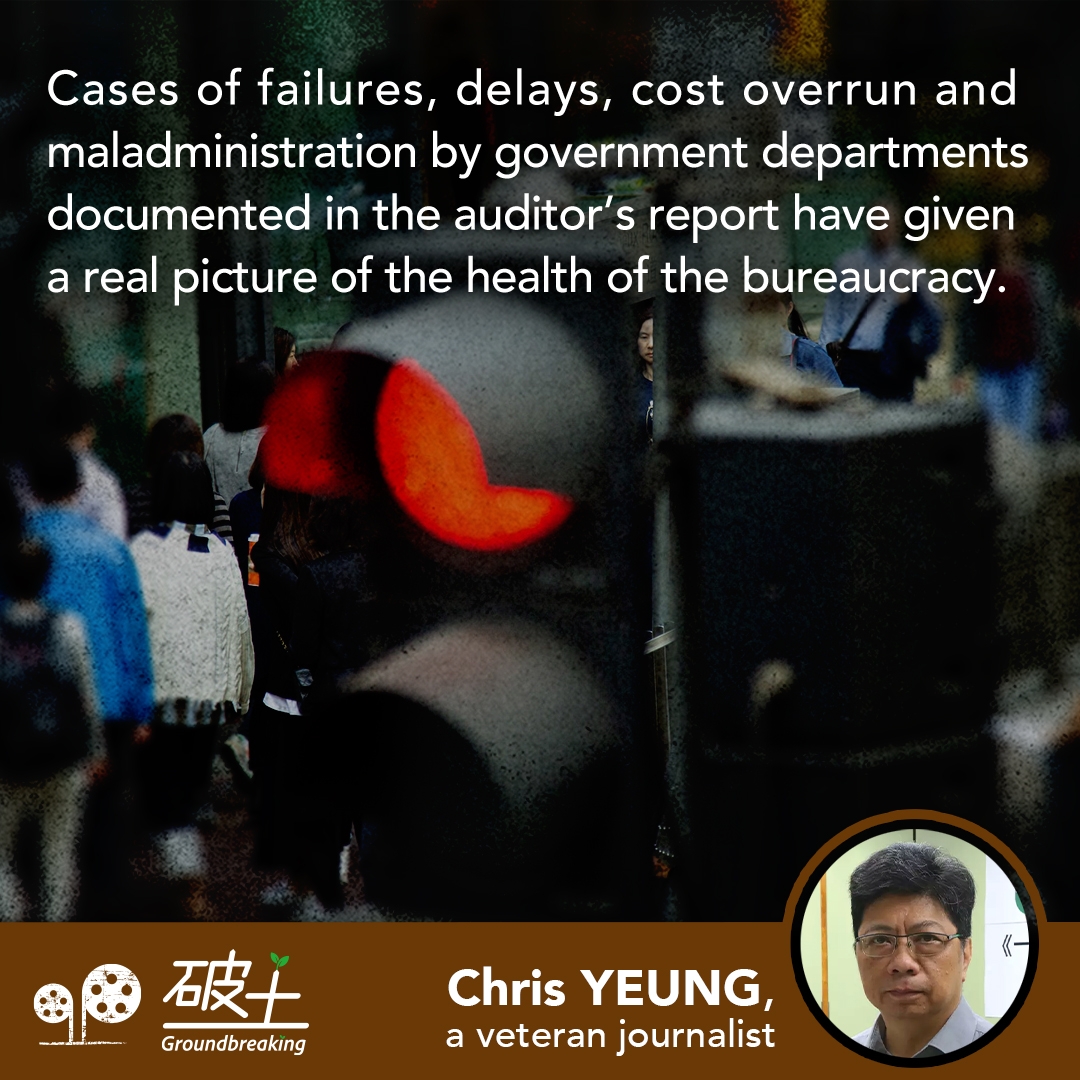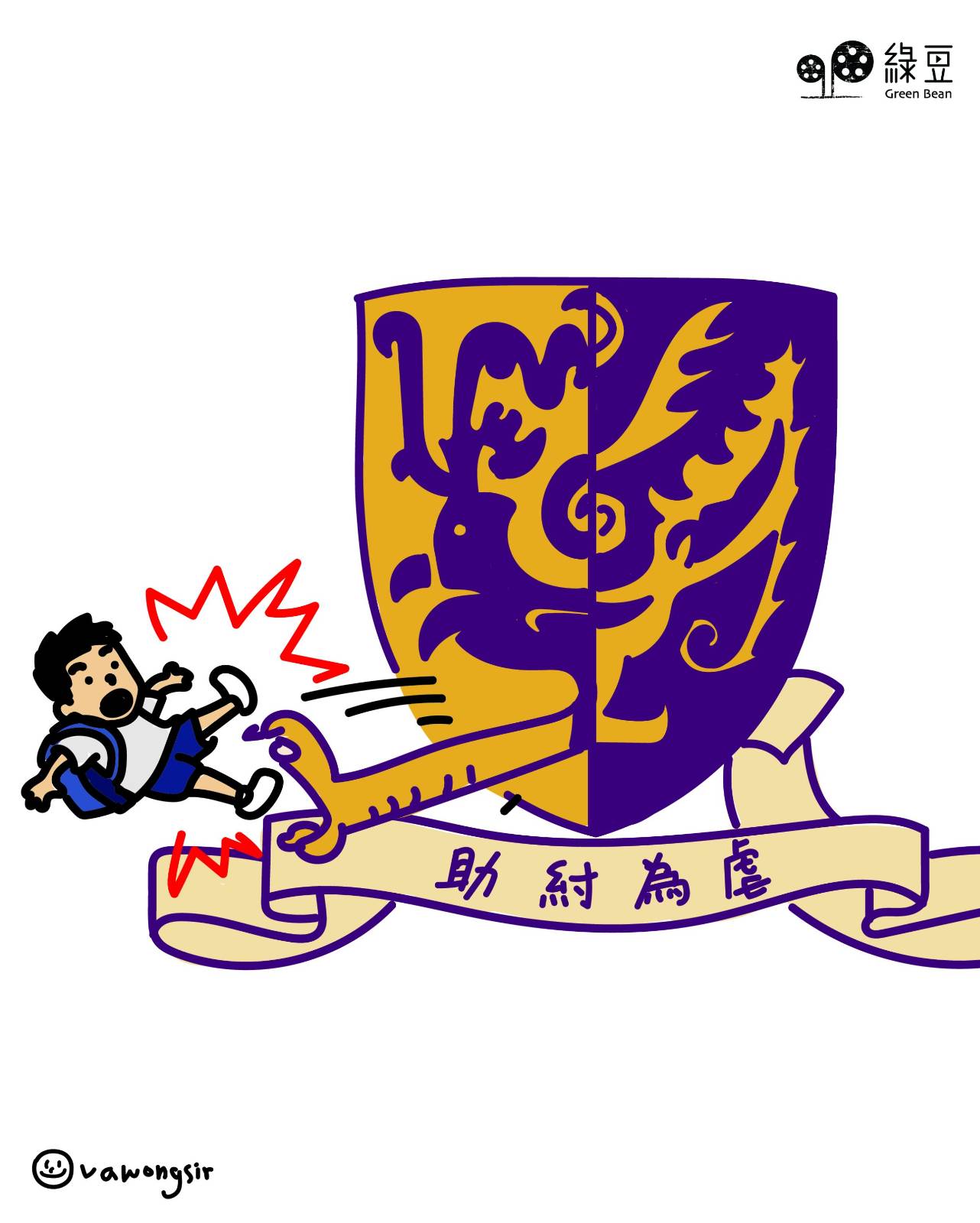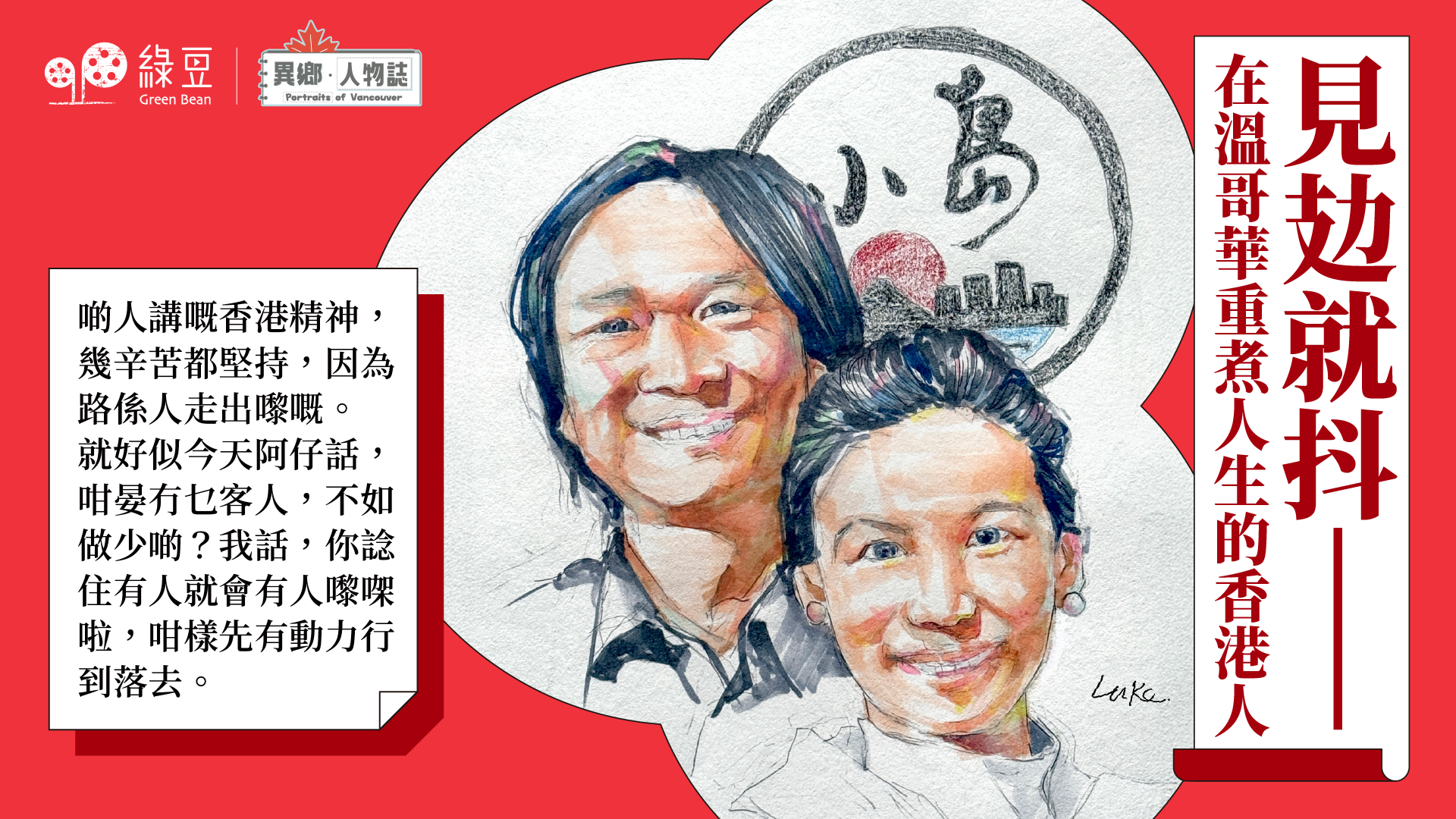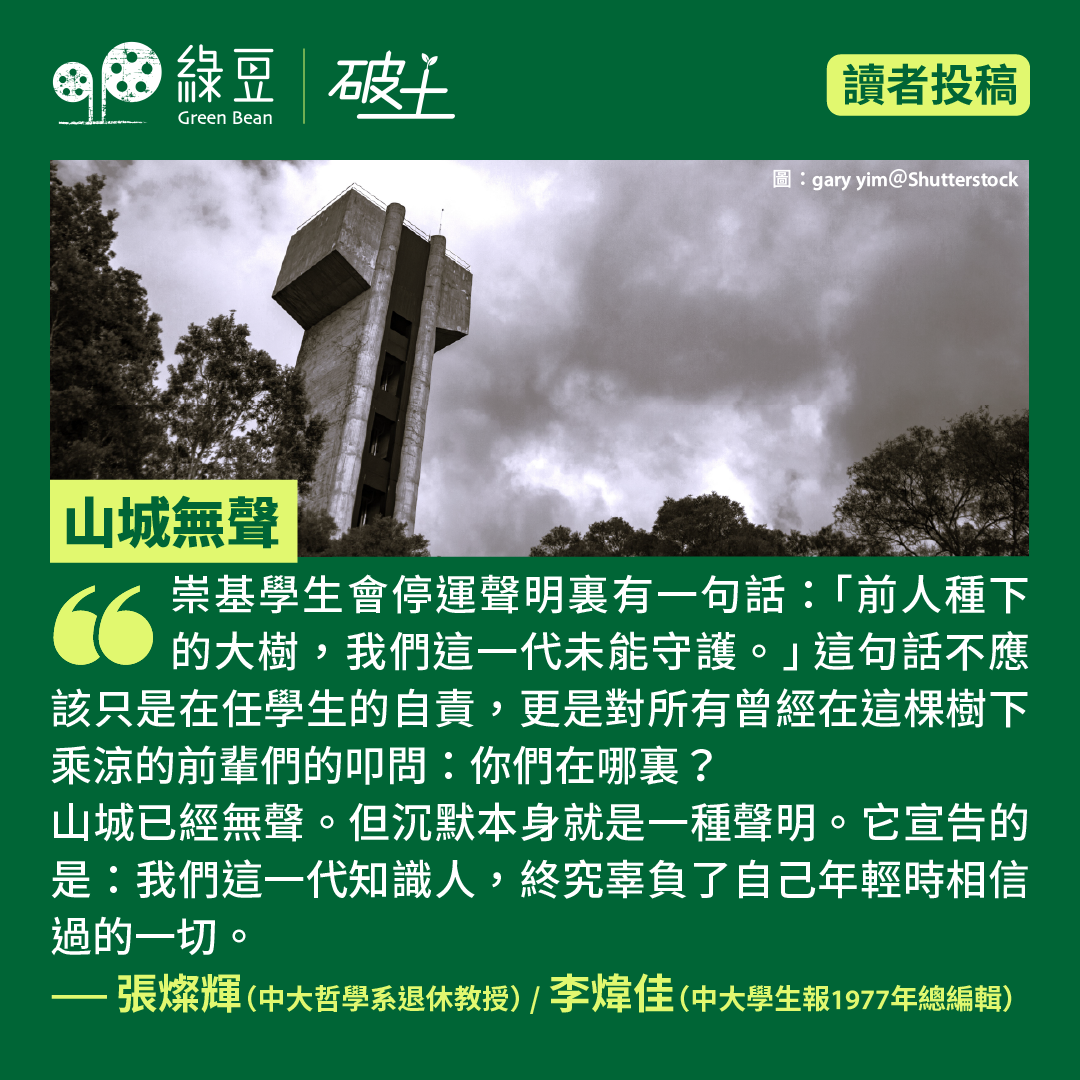HKers feel no gain but pain in audit report

In his maiden policy blueprint for Hong Kong announced in October, Chief Executive John Lee was full of pledges to the 7.5 million populace as he has been since he took the helm of the SAR on July 1.
The Government, he said in the 2022 Policy Address, “should take heed of the need for our people to have a sense of gain and a real taste of the fruits of effective governance.”
In its first batch of two value-for-money reports released under the new administration on Wednesday last week (23/11), the Government’s Audit Commission has made a mockery of Lee’s vows. The lengthy reports gave the people a sense of loss and futility plus a bitter taste of bureaucratic inertia.
Adding more gloom and anxieties to the people are news of a wave of price hikes in their daily living including electricity and public transport that is set to hit the city in 2023.
Flying in the face of Lee’s pledge of speeding up the quantity and beefing up the quality of housing, a government auditor found in its report prospective drivers can wait more than one year to take a road test. For those who sit a motorcycle exam at some assessment centres, they have to wait for an average total of 257 days, a whopping increase of 280 per cent over a seven-year period.
The report also found fewer than 40 percent of registered streets sleepers received support from government-subsidised groups in the past year. Meanwhile, the number of homeless people has more than doubled in the last decade.
In 2019, the city’s first centre aimed at strengthening primary healthcare at district level in Kwai Tsing district was inaugurated. A private company was given an annual budget of about HK$100 million (US$13 million) to operate, as part of a long-term strategy to shift the emphasis of healthcare from treatment to prevention in view of the problem of aging population.
The Audit Commission revealed 75 out of 701 classes held at the facility in September last year drew just one resident. Another 362 seminars had a minimum enrolment requirement but 136 failed to meet the threshold.
The two reports have also exposed problems including massive overspending caused by a change of the design of footbridges in a public housing area after construction has already begun and confusion in continuing education courses.
As in previous reports, the government departments being named and shamed noted that in the newly-released reports they accepted the recommendations made by the Audit Commission for improvement.
In most, if not all, cases, that is not the end of the story. Some cases may reappear in another auditor’s report in a few years’ time. Meanwhile, new cases of deficiencies in government work of this or that kind will feature in new reports.
Last week’s publication of the two audit reports has given a reality test of the state of governance of the Hong Kong SAR at a time when the Lee administration is eagerly keen to deliver early results following an end of the turbulence caused by the 2019 social unrest.
Although Beijing and the Government have put the blame on hostile political forces for fanning the social unrest, they have also said failures to resolve deep-seated contradictions, in particular housing and poverty, have aggravated public grievances.
Mimicking the pledges of common prosperity made by President Xi Jinping to the 1.4 billion people in the mainland, Lee has alluded to the ideas of creating “a sense of gain” and delivering the “fruits of effective governance” in his policy address.
To assure the people that this is not mere talk, Lee has set more than 110 indicators, including key performance indicators (KPIs) as listed in the policy address’ annex for monitoring the progress and effectiveness for specific tasks and making timely improvements.
The KPI initiative, as an integral part of his so-called “results-oriented” approach in governance, helps little to bolster public confidence in effective governance, at least for now.
Cases of failures, delays, cost overrun and maladministration by government departments documented in the auditor’s report have given a real picture of the health of the bureaucracy.
And like the purpose of the primary healthcare initiative, it is a grim reminder to Lee and his team that prevention is always better than treatment.
▌[At Large] About the Author
Chris Yeung is a veteran journalist, a founder and chief writer of the now-disbanded CitizenNews; he now runs a daily news commentary channel on Youtube. He had formerly worked with the South China Morning Post and the Hong Kong Economic Journal.





